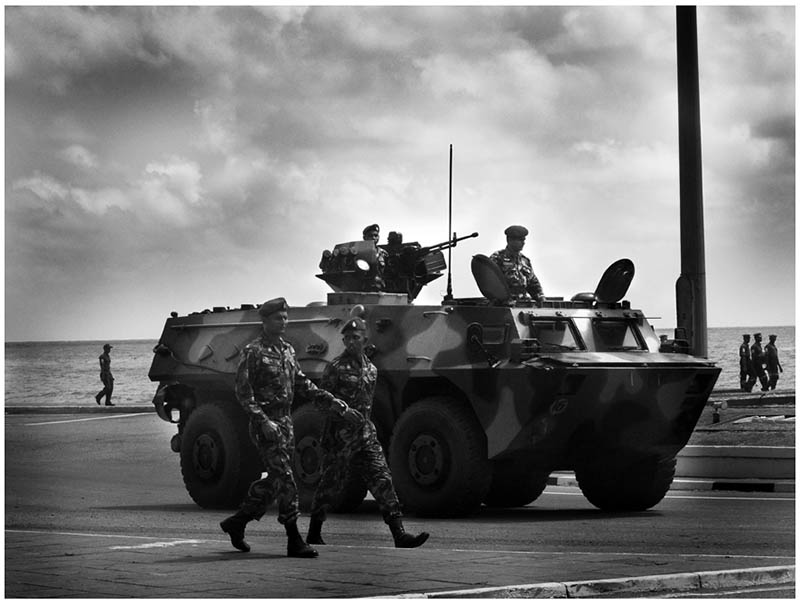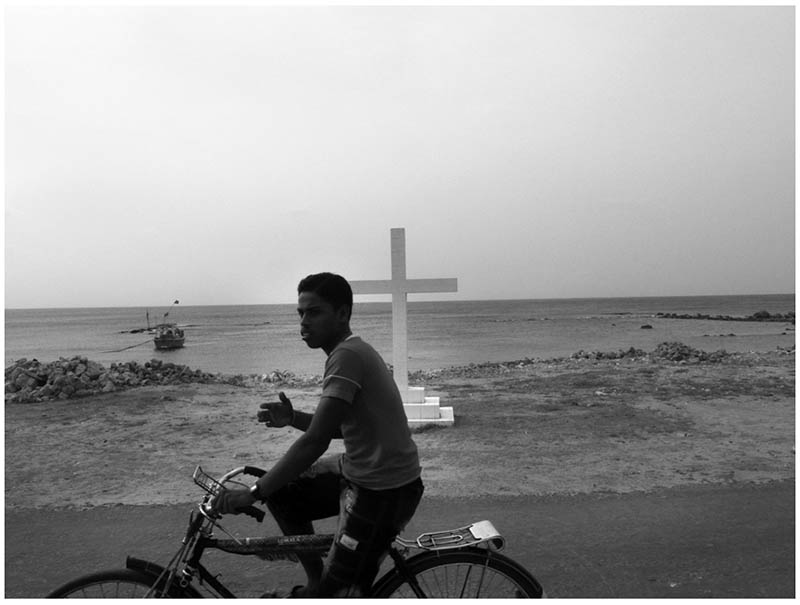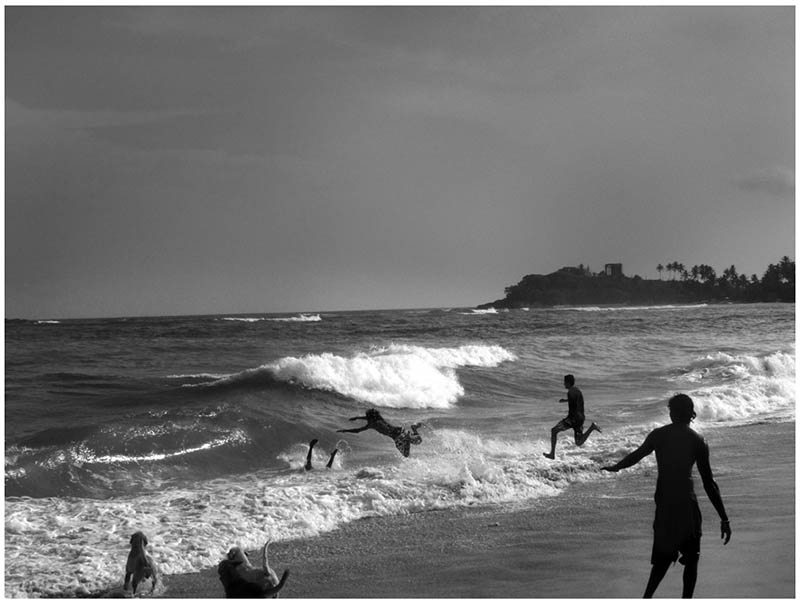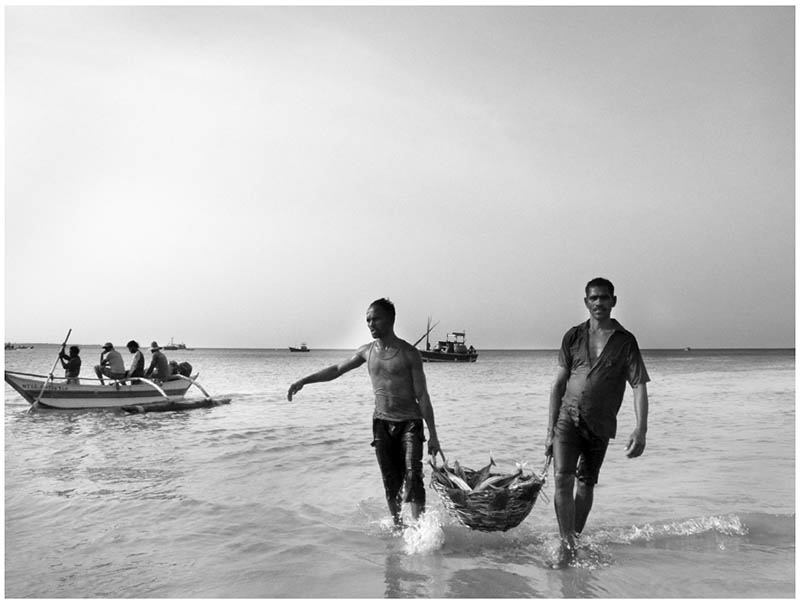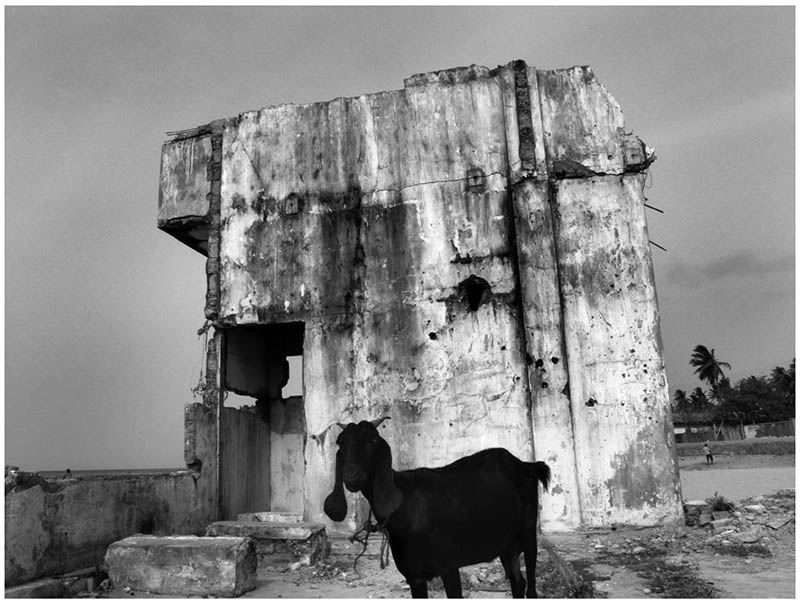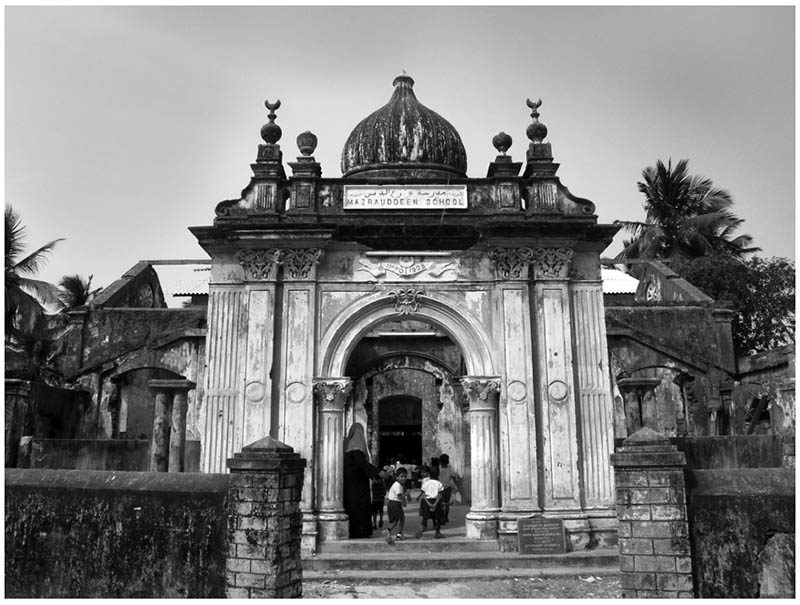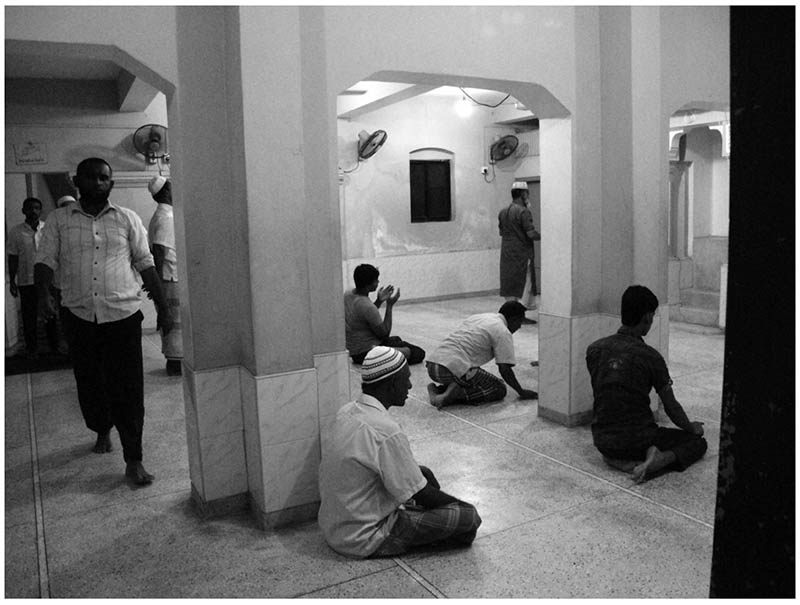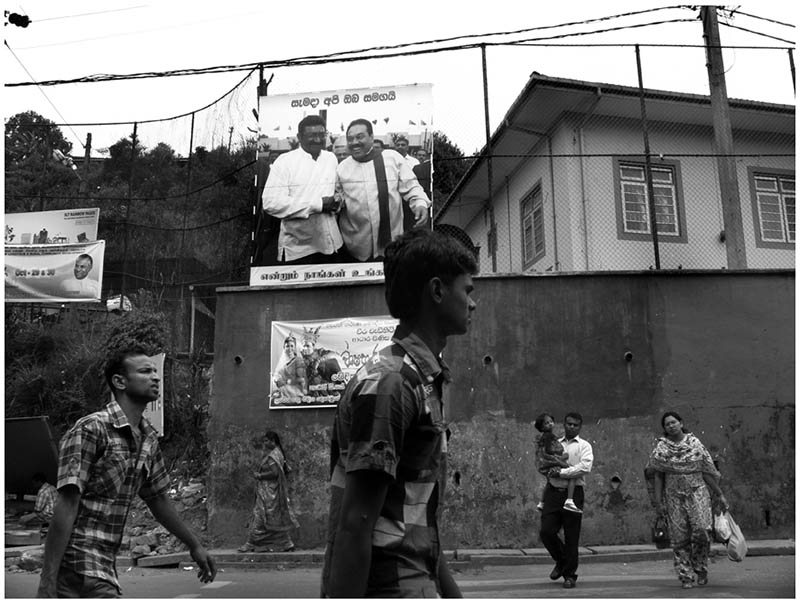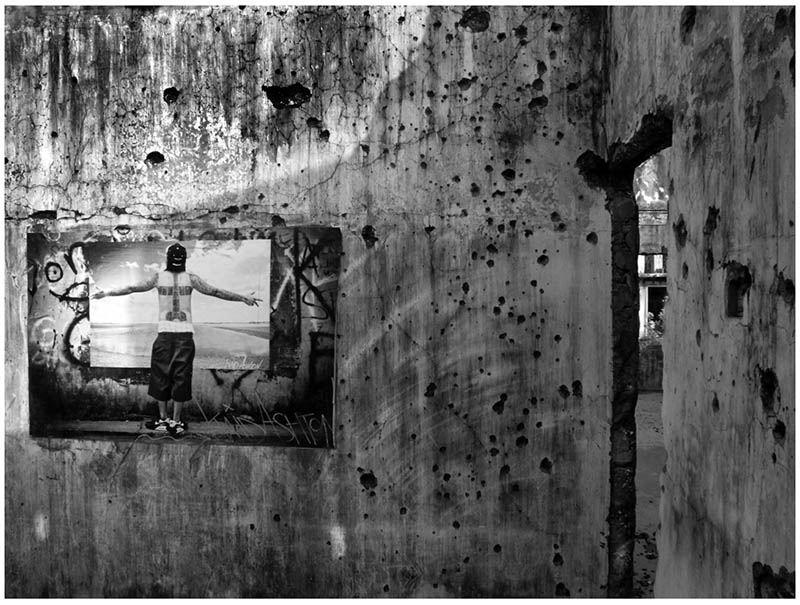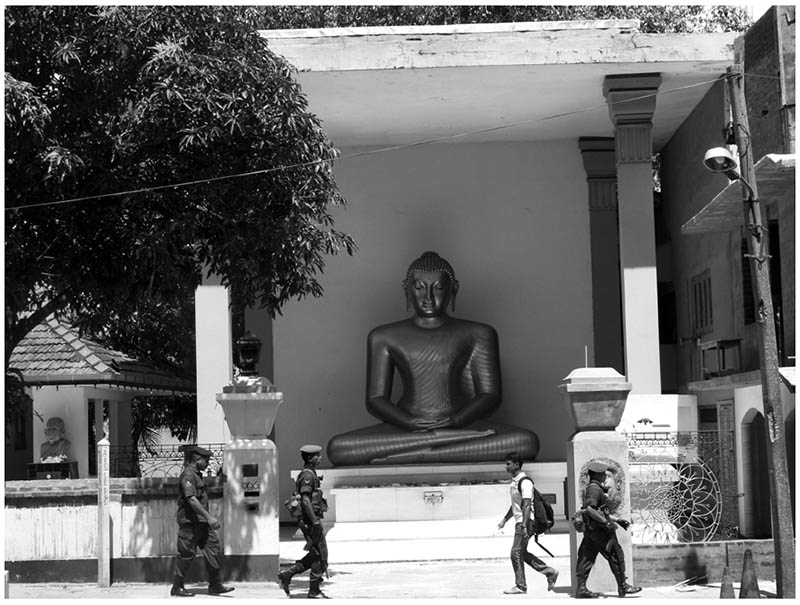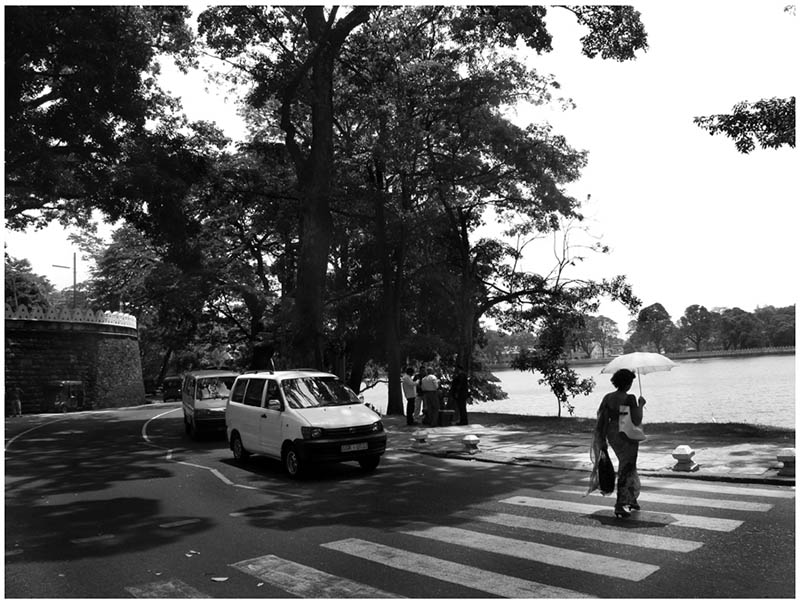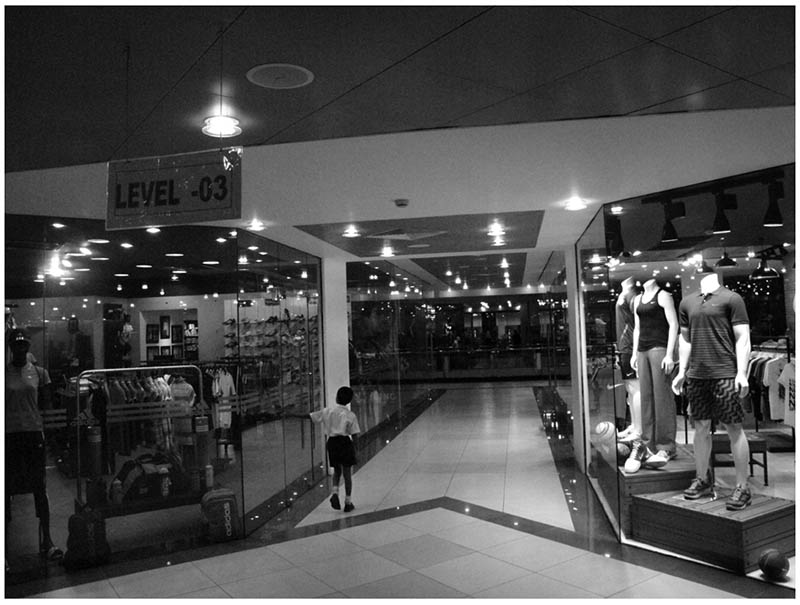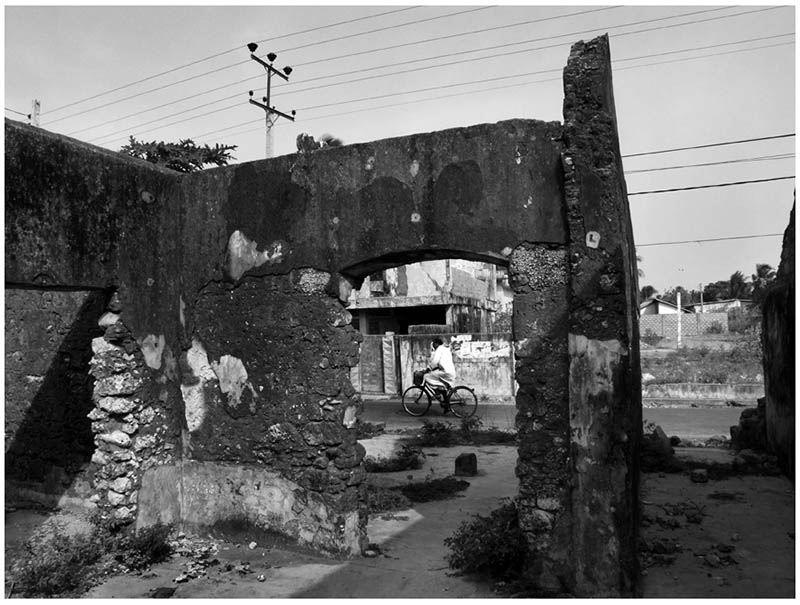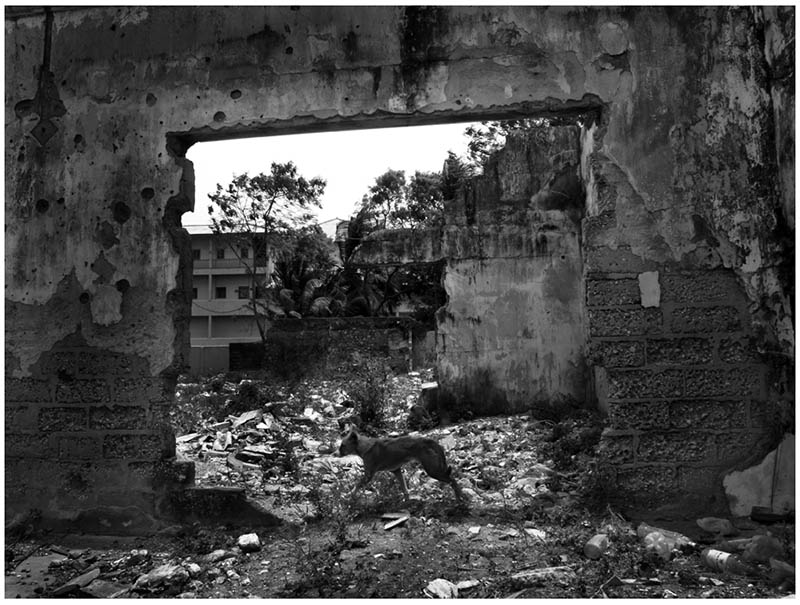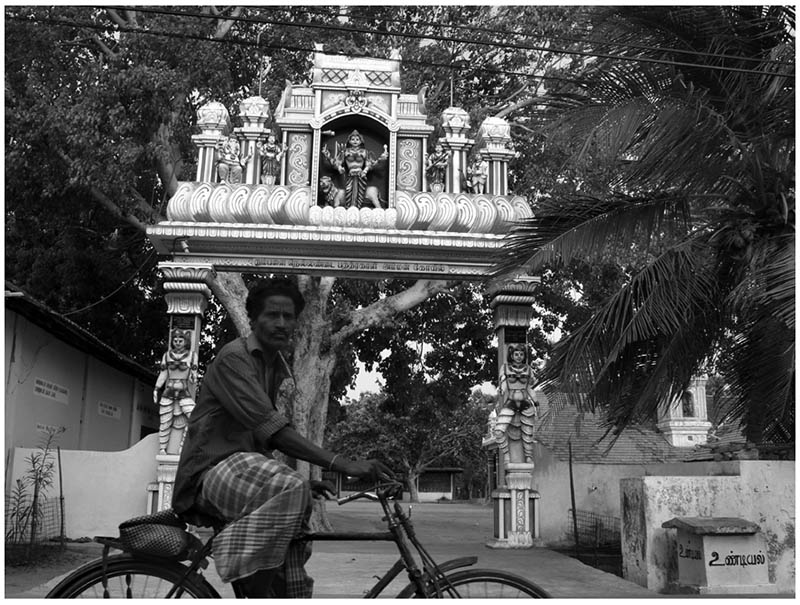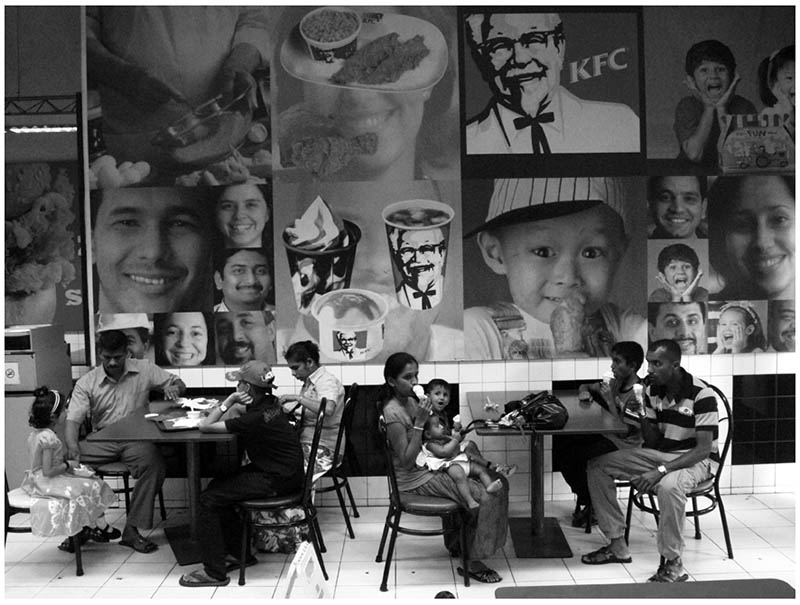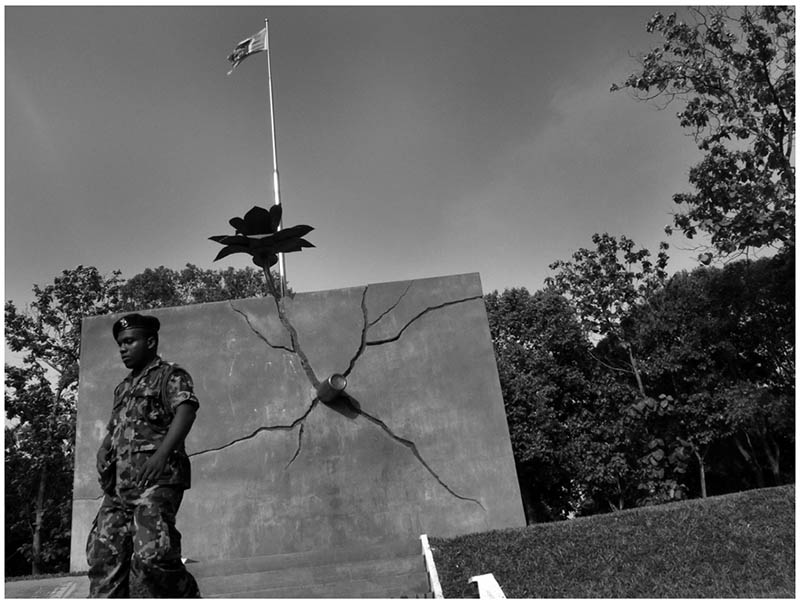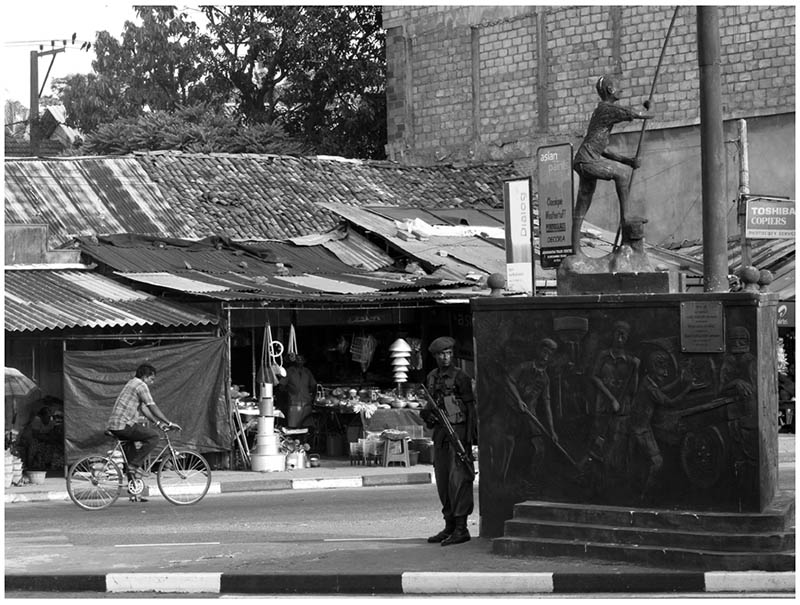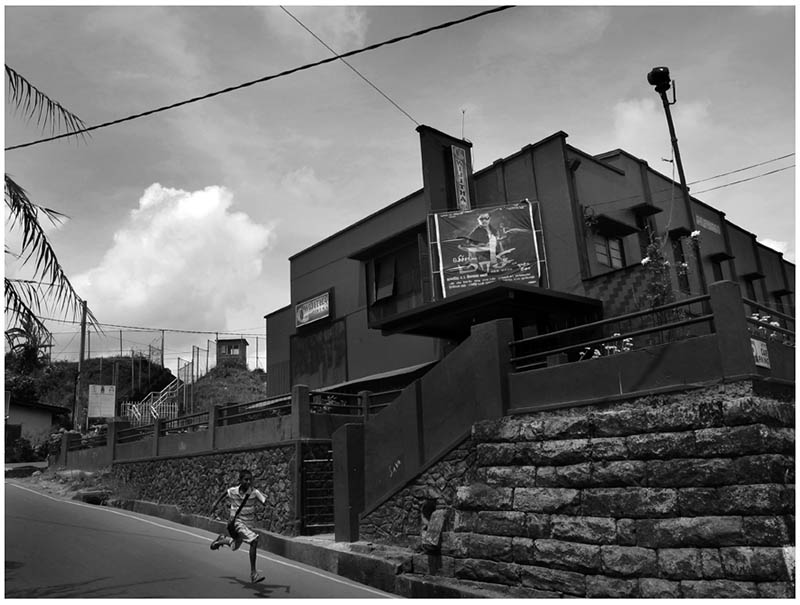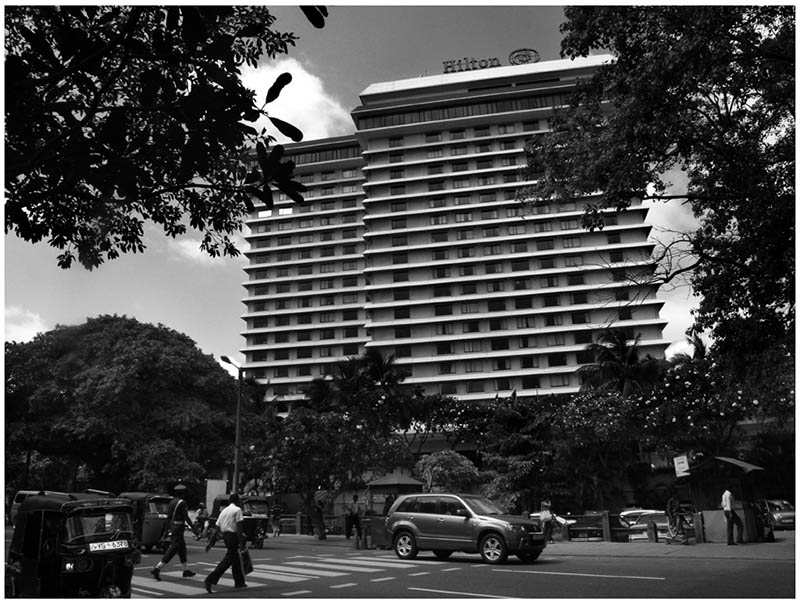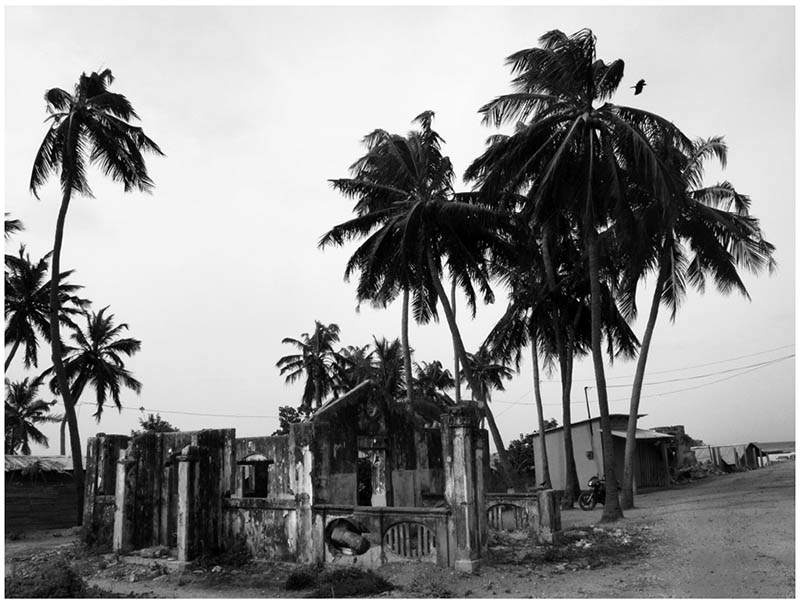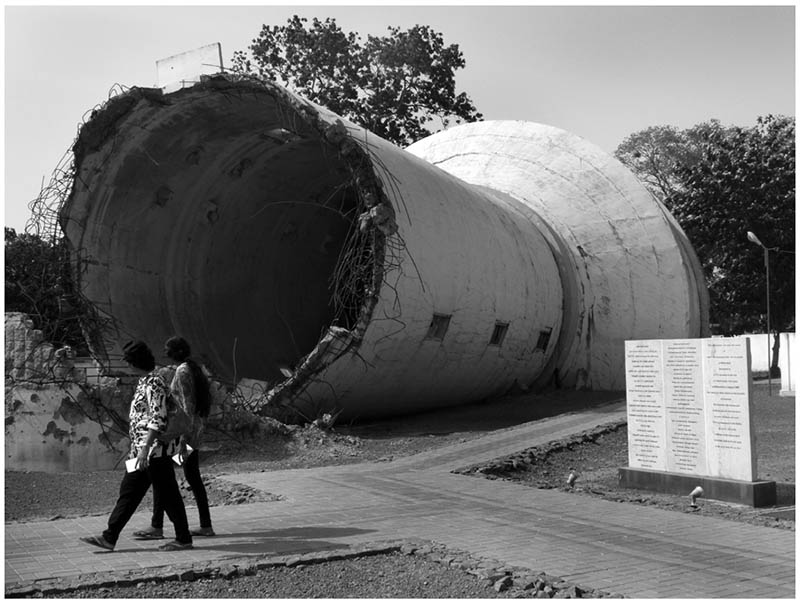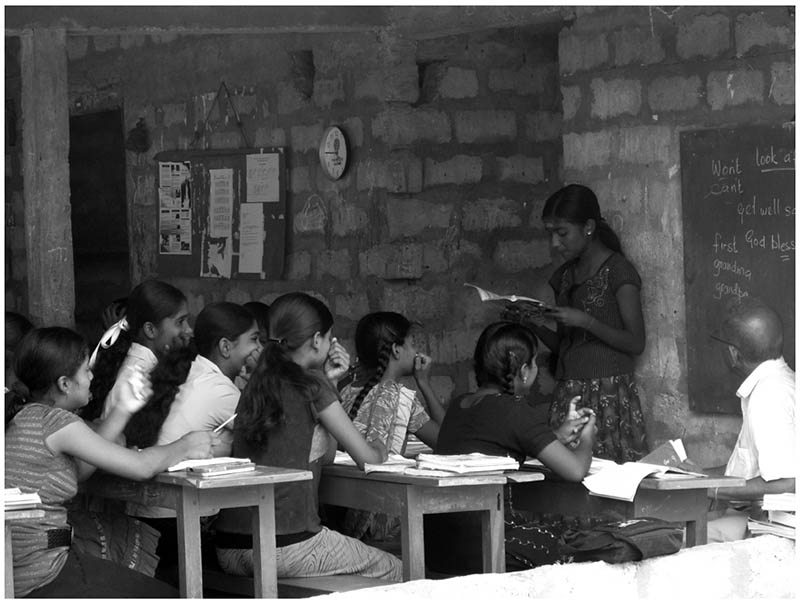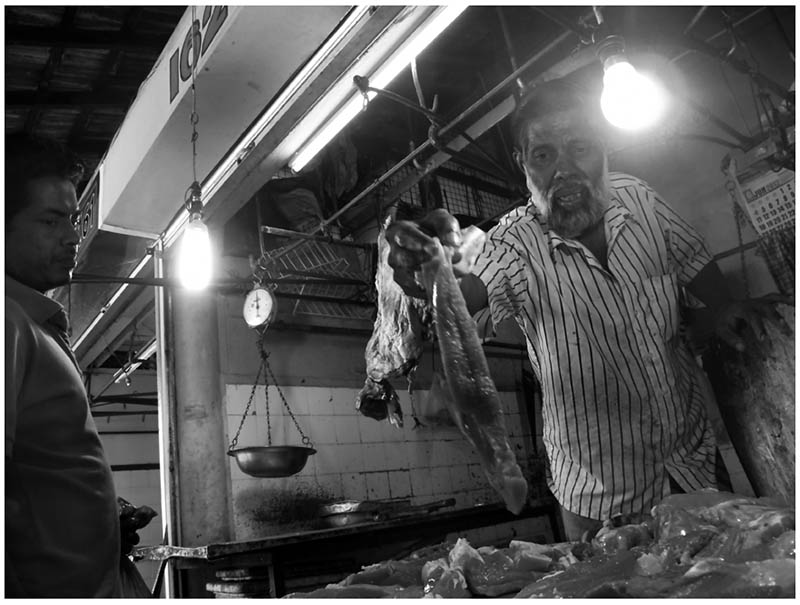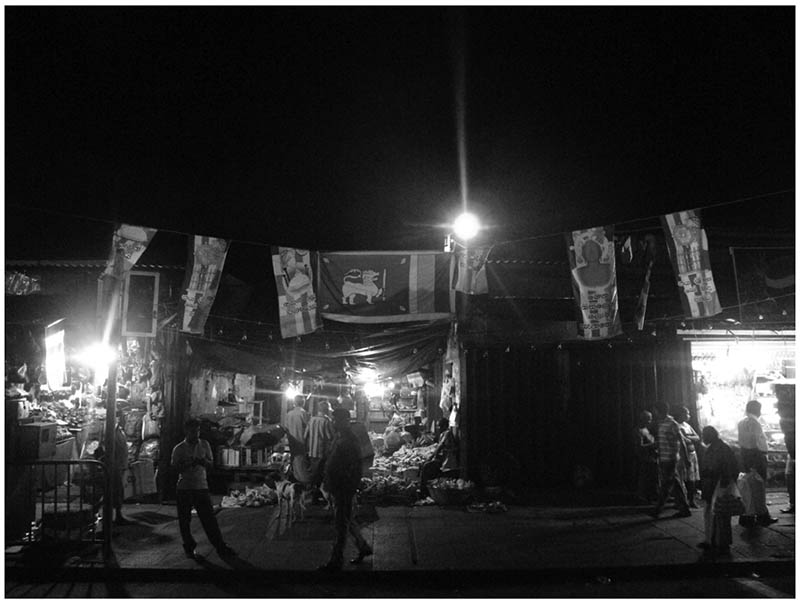Sri Lanka – Life After War
The 2012 World Report from Human Rights Watch states that “the aftermath of Sri Lanka’s quarter century-long civil war, which ended in May 2009 with the defeat of the separatist Liberation Tigers of Tamil Eelam (LTTE), continued to dominate events in 2011.
In April United Nations Secretary-General Ban Ki-moon released a report by a panel of experts that concluded that both government forces and the LTTE conducted military operations “with flagrant disregard for the protection, rights, welfare, and lives of civilians and failed to respect the norms of international law.” The panel recommended the establishment of an international investigative mechanism. Sri Lankan officials responded by vilifying the report and the panel members. The government has failed to conduct credible investigations into alleged war crimes by security forces, dismissing the overwhelming body of evidence as LTTE propaganda.
The government’s Lessons Learnt and Reconciliation Commission (LLRC), characterized as a national accountability mechanism, is deeply flawed, does not meet international standards for such commissions, and has failed to systematically inquire into alleged abuses. In August the government allowed emergency regulations in place for nearly three decades to lapse, but overbroad detention powers remained in place under other laws and new regulations. Several thousand detainees continue to be held without trial, in violation of international law.”

